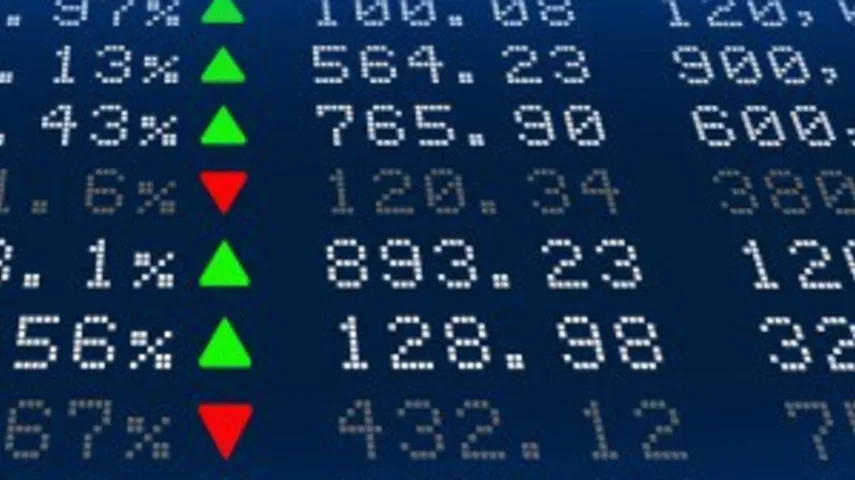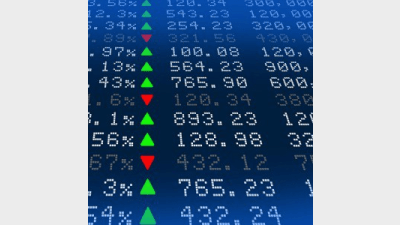Majority of hedge funds not delivering on their promise



Only 30 per cent of institutional investors' hedge fund portfolios outperform simple investible benchmarks as fees make hedge fund portfolios ‘bad investments' with net alpha of -1.88 per cent, according to CEM Benchmarking.
Its recent study analysed realised hedge funds portfolio returns of over 300 large global investors and found that for most funds, with return histories exceeding five years, the performance could be replicated at much lower cost by simple equity/debt blends.
The study also proved that many funds were promised superior uncorrelated returns, but they received neither .The average correlation to simple stock/bond portfolios was 84 per cent, and for over half of funds correlations exceeded 90 per cent.
Senior research analyst and lead author of the study, Alexander Beath, said that most hedge fund portfolios looked "surprisingly like simple stock/bond portfolios".
"I think the most surprising part of the study is just how much of the return of hedge funds can be replicated by simple holding a 50/50 stock/bond portfolio. Hedge funds are often compared to equity indices, but this isn't appropriate. The risk and correlations in hedge funds lies somewhere between stock and bonds, and so this is what they should be compared to"
Additionally, the study also analysed each hedge fund portfolio separately, finding the optimal risk-matched investable portfolio for each with the on average split to be 44 per cent equity and 56 per cent fixed income with a duration of over five years, which was not far from vanilla 50/50 portfolios.
The percentage of hedge fund portfolios that managed to outperform the investable index included the following features:
- Funds with long histories investing in hedge funds tended to outperform those with short histories;
- Funds with lower correlation to equity/debt blends tended to outperform those with high correlations; and
- Funds with low cost implementation tended to outperform those with high cost implementation .
Recommended for you
Financial advisers have expressed concern about the impact including private market exposure is having on their tracking error budget, according to MSCI.
State Street will restrict its membership of global climate alliance Net Zero Asset Managers after the organisation dropped its flagship 2050 goals amid ESG backlash from the US.
Betashares has launched a global shares and a global infrastructure ETF as part of the firm’s strategic expansion strategy to support financial advisers in building more diversified portfolios.
Global asset manager Janus Henderson could be acquired after receiving a non-binding acquisition proposal jointly from a private investment firm and venture capital firm.












